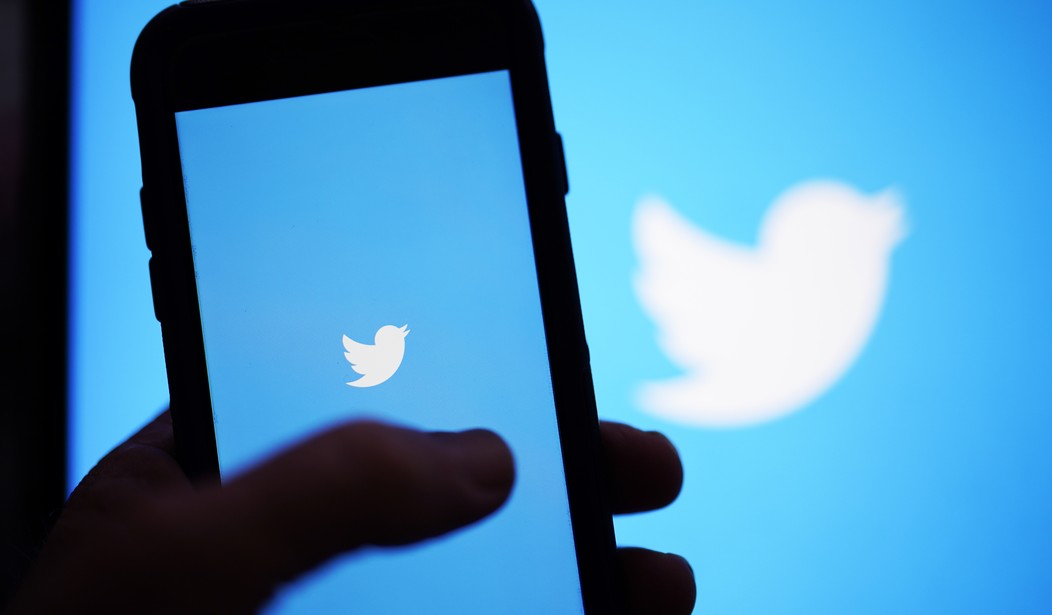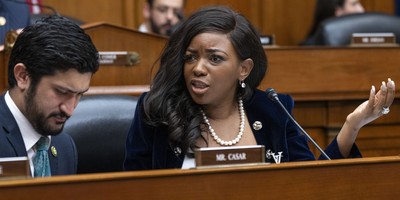This week, the Integrity Institute released a study that found that Twitter and TikTok amplify “misinformation” more than other platforms. In the study write-up, the institute said it would monitor these platforms before and after the U.S. midterm elections to see if they are “taking responsible actions in response to misinformation” spread on them.
A new Pearson Institute/Associated Press-NORC Center for Public Affairs Research poll found that 91 percent of adults say the spread of “misinformation is a problem.” And the majority, 73 percent, believe misinformation contributes to “extreme political views and hate crimes.”
In the poll write-up, researchers claimed that many adults are choosing not to share content on social media to avoid spreading misinformation.
With the midterm elections approaching, significant majorities of Democrats, Republicans, and independents believe misinformation is a problem. Nearly three-quarters of the public are at least somewhat concerned they have been exposed to misinformation and just under half are worried they have spread misinformation.
The public believes misinformation is having serious consequences. More than half of adults say misinformation increases political engagement, and about 7 in 10 say misinformation increases extreme political views and hate crimes such as violence motivated by race, gender, or religion. About half also say misinformation decreases trust in government.
Given the widespread concerns about misinformation, majorities of adults report engaging in behaviors at least some of the time to avoid consuming or spreading misinformation such as checking multiple sources or even deciding not to share content on social media at all.
In the findings, 77 percent of respondents said misinformation increases hate crimes, including violence motivated by race, gender and religion. This figure includes 85 percent of Democrats and 72 percent of Republicans.
“We’re at a point now where the misinformation is so bad you can trust very little of what you read in the media or social media,” Brett Reffeitt, a Republican from Indianapolis who participated in the survey, told the Associated Press.
Recommended
“It’s all about getting clicks, not the truth, and it’s the extremes that get the attention,” he added.
Shirley Hayden, a Republican from Orange, Texas, told AP that a lot of what is on the internet is “just troublemaking.”
“I don’t believe any of it anymore,” she said.
Only 28 percent of Americans consult fact-checking resources “most of the time,” AP noted. About one-third of respondents said they “hardly” do so or “never.”
The nationwide poll was conducted from Sept. 9 to 12 among 1,003 adults. The margin for sampling error is plus or minus 4 percentage points.

























